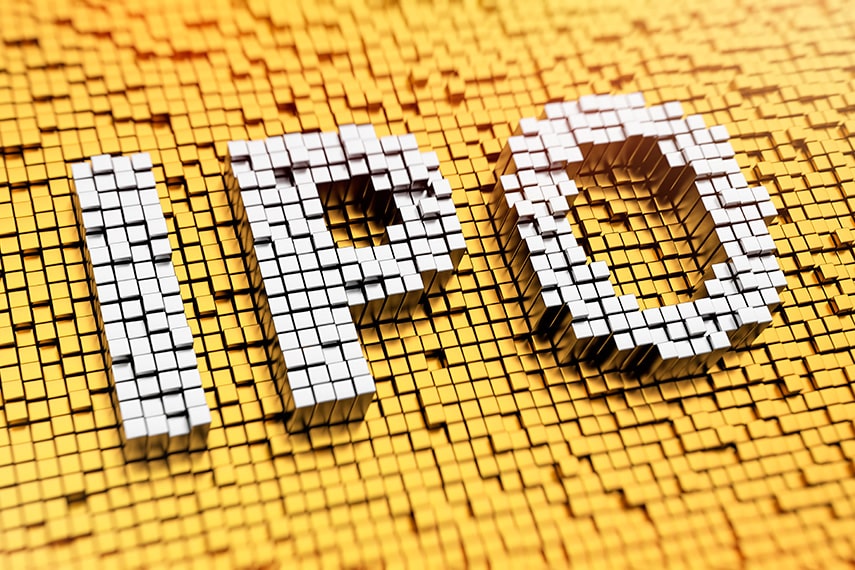
Stock markets have been agog with expectations about big initial public offerings (IPOs). Ride-sharing service Lyft recently offered its first public offerings of stock last Friday, offering shares at $72 apiece. The first trades on Nasdaq began at $87.25, but Lyft quickly crashed downwards, falling below $70 on Monday. That’s a worrying sign for other tech companies planning their own IPOs, including Uber, Pinterest, and Zoom.
It’s understandable that there’s a great deal of interest in these companies’ IPOs, as their products are well-known and used by millions of people. And it can be tempting for many people to want to buy in to those IPOs since many of them feel a connection to the company through using its products. But as the immediate correction in Lyft’s stock price showed, that could be very dangerous to your financial health.
With the financial crisis of 2008 looming so large in many people’s memories because of the crash of the housing bubble, many have forgotten about the dotcom bubble and the bursting of that bubble that began in 2000. Pets.com remains one of the cautionary tales from that era, debuting at $14 a share before falling to 22 cents per share only nine months later.
Many tech stocks, including current high-flyer Amazon, were hit hard during the dotcom crash, and far more investors lost money than made money investing in the tech industry. Today’s dotcom 2.0 bubble is far larger than it was 20 years ago. Whereas pets.com raised $82 million at its IPO, Lyft is nearly 100 times larger, valued at around $7.5 billion. And its competitor Uber is expected to debut at around $68 billion of market capitalization when it debuts its IPO.
There’s some serious money being thrown around with these tech IPOs, and investors who see dollar signs but don’t do their due diligence will suffer. Lyft, for instance, saw revenues last year of over $2 billion, but lost over $900 million. Unless it can keep from hemorrhaging that much money, the company will be out of business in short order.
Investors who aren’t focused on getting rich quick, and who prefer the tried and true path of steady and gradual wealth accumulation, understand that the heady IPO market today is fraught with risk. In fact, they understand that stock markets overall are in a bubble and set to burst very soon. That’s why those investors are moving their money into gold, attempting to benefit from gold’s ability to safeguard their assets against a stock market crash.
Gold maintains its value even when stocks and bonds don’t, which is why so many investors trust it to protect their portfolios. And with gold IRAs they can roll over existing retirement assets into gold so that they can benefit both from gold’s protective ability and from the tax advantages of a traditional IRA account. While Lyft and similar stocks may sizzle now, gold investors will be sitting pretty when those IPOs begin to fizzle.





